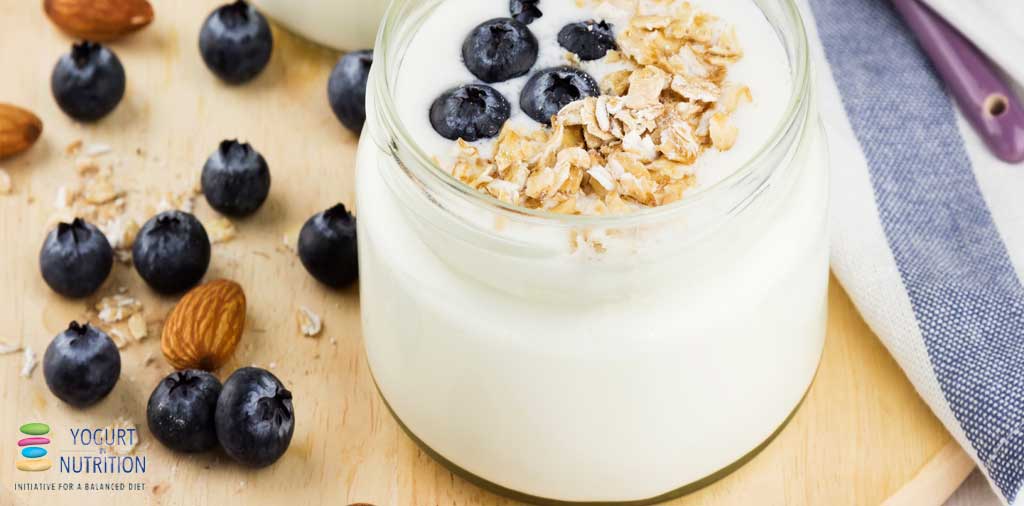It’s vital for the foods we eat to combat oxidative stress as this is involved in the onset of most age- and diet-related chronic diseases. Dairy products contain a variety of compounds with antioxidant activity. Fermented dairy products, and particularly those containing probiotics, appear to have greater antioxidant potential than milk.
Dairy products contain several antioxidants, including proteins, peptides, antioxidant enzymes, conjugated linoleic acid (CLA), and vitamins A, C, D3 and E*. The antioxidant potential of different types of dairy foods (milk, yogurt, fermented milk and cheese) has been studied extensively in vitro, but there have been very few in vivo animal and human studies. The authors of this article have examined the literature and reviewed the available evidence.
Dairy products are a valuable source of antioxidants
Overall, on a fresh-weight basis, the antioxidant potential of dairy products is similar to that of grain-based foods, fruit and vegetable juices, and some solid fruits and vegetables.
The antioxidant activity of dairy products is largely due to proteins, especially casein. The antioxidant potential of milk increases during in vitro digestion by up to 2.5 times due to the release of antioxidant peptides. Thermal treatments such as ultra-high temperature (UHT) processing has no clear effect on the antioxidant potential of milk.
Antioxidant activity of milk depends on animal source and fat content
The animal source is key to antioxidant content, with goat’s milk containing more antioxidants than cow’s milk.
Whole milk has higher antioxidant potential than reduced-fat milk because it contains more fat-soluble antioxidants such as CLA. Milk from organic farms has a higher CLA content than conventional milk due to the higher content of polyunsaturated fatty acids in cows’ diets on organic farms.
Yogurt and cheese have higher antioxidant potential than milk
Changes during the fermentation process appear to improve antioxidant potential. Hence yogurt has higher antioxidant potential than milk because lactic acid bacteria in yogurt generate antioxidant peptides. Probiotic yogurts contain even more antioxidants than conventional yogurt because probiotics increase protein breakdown and production of antioxidant peptides. A synergistic effect is seen when probiotic strains are combined in a yogurt, resulting in a greater antioxidant activity than a yogurt containing a single strain.
Cheese has higher antioxidant potential than other dairy products probably because of its higher protein content and the fermentation process: during ripening of cheese, breakdown of proteins to antioxidant peptides and microbial activity appear to increase the antioxidant content further.
Antioxidants in dairy products may protect against disease
A few studies in humans, together with in vitro and animal studies, suggest that dairy products may reduce oxidative stress and protect against some chronic diseases such as obesity, metabolic syndrome, type 2 diabetes and heart disease.
The findings of human studies have varied, and more studies are needed before firm conclusions can be drawn about potential benefits of dairy products in reducing oxidative stress and protecting against disease. In particular, it will be important to study dairy consumption in relation to the complex diet we eat.
* Other antioxidants contained in dairy products include coenzyme Q10, lactoferrin, carotenoids, and some minerals and trace elements.
Find out more: read the original article.



